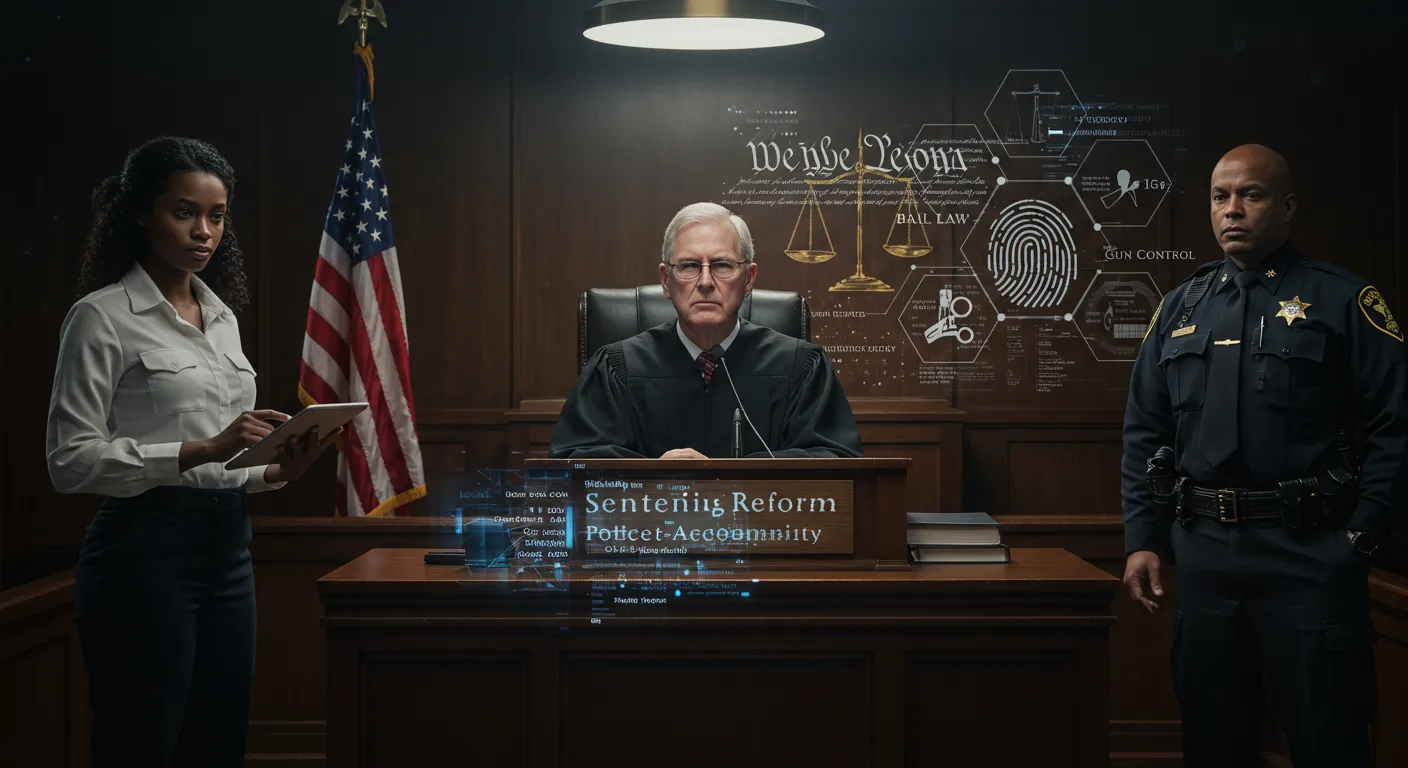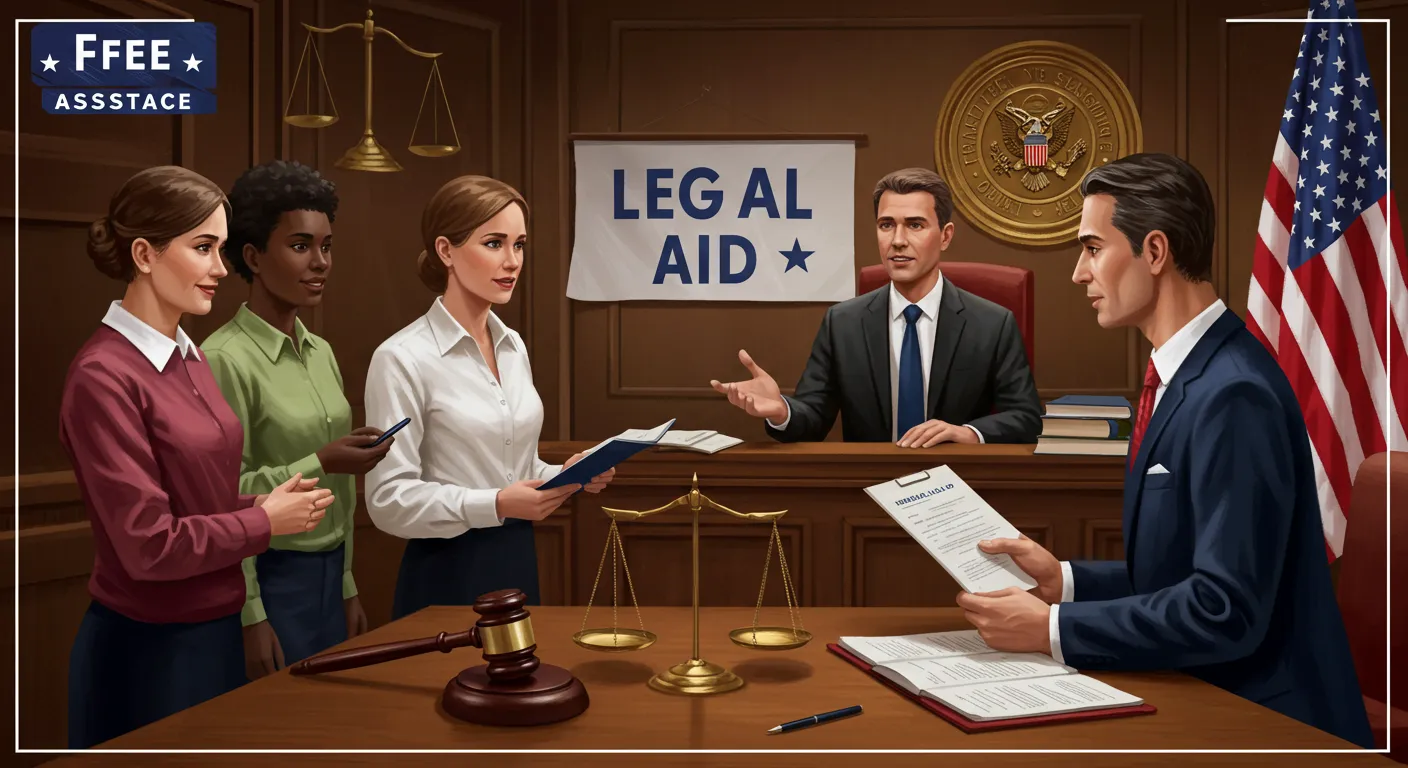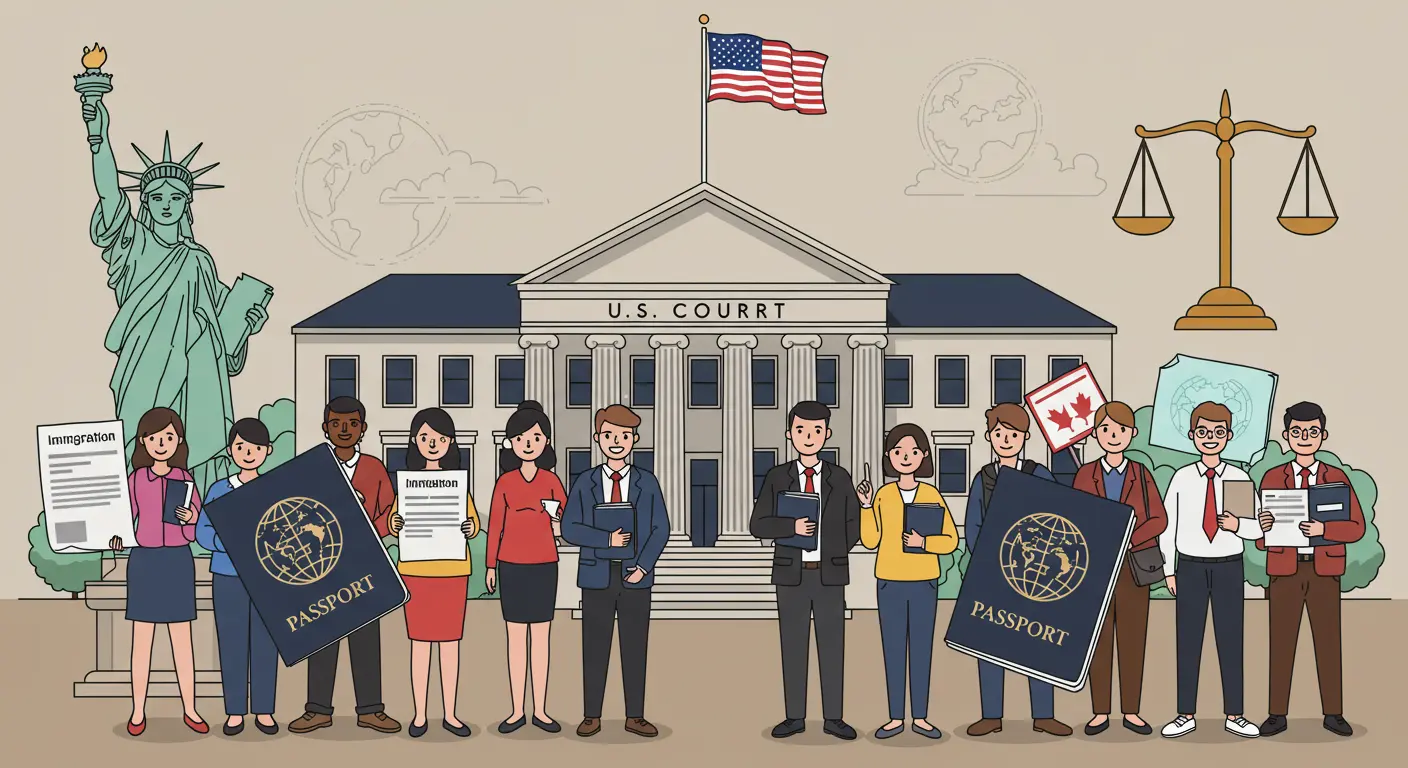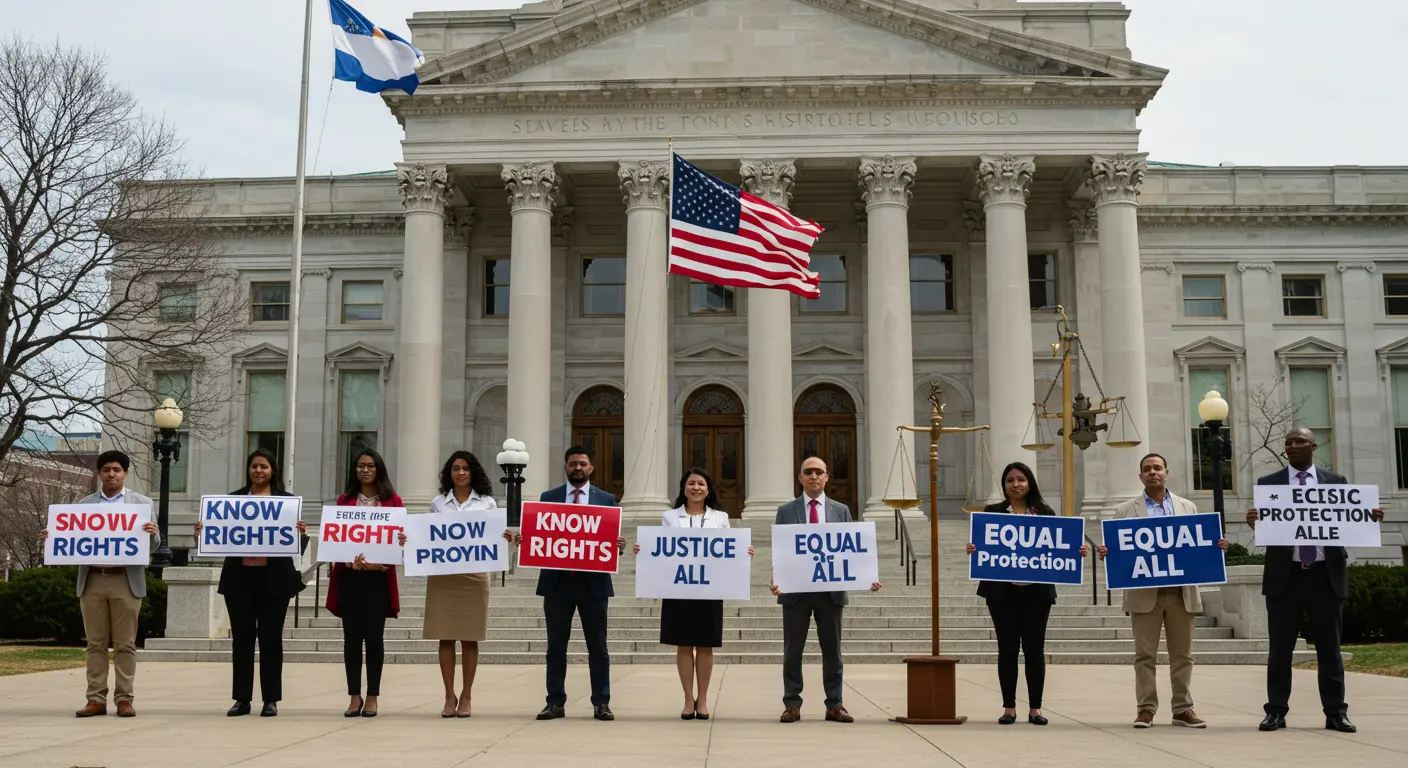Staying informed about US criminal law updates is essential for legal professionals, law students, and even ordinary citizens. Criminal law is constantly evolving in the United States to meet societal, technological, and constitutional challenges. In 2025, several significant updates have been implemented, reflecting changes in sentencing policies, criminal procedures, rights of the accused, and technology-based crimes.
In this comprehensive article, we’ll explore the major US criminal law updates, their implications, and how they affect the justice system today.

Table: Key US Criminal Law Updates in 2025
| Area of Law | Update Description | Impact |
|---|---|---|
| Sentencing Reform | Reduced mandatory minimums for non-violent drug offenses | Shorter prison terms, emphasis on rehabilitation |
| Juvenile Justice | Expansion of diversion programs and sealing of juvenile records | Focus on rehabilitation over punishment for minors |
| Digital Evidence | New standards for authentication and chain of custody in digital evidence handling | Stronger admissibility requirements in cybercrime cases |
| Bail Reform | Increased use of risk assessment tools instead of cash bail | Reduction in pretrial detentions |
| Police Accountability | National database for tracking police misconduct established | Transparency and easier oversight of law enforcement |
| Federal Gun Laws | Stricter background checks and closing of “boyfriend loophole” | Tighter regulations on firearm access |
| AI & Facial Recognition Laws | Restrictions placed on use of AI-based surveillance in public areas | Privacy protection and constitutional rights enforcement |
Sentencing Reform: A Shift Toward Fairness
One of the biggest US criminal law updates in 2025 is the change in federal sentencing guidelines. Lawmakers have reduced mandatory minimum sentences for non-violent drug offenses, a move aimed at reducing overcrowding in prisons and giving judges more discretion.
This reform reflects a shift toward a more rehabilitative model of justice rather than a punitive one. More inmates are now eligible for sentence reductions through good behavior and participation in educational programs.
Bail Reform: Ending the Inequity of Cash Bail
The cash bail system has long been criticized for disproportionately impacting low-income defendants. Several states in 2025 have adopted risk assessment algorithms to decide whether someone should be released before trial. These changes aim to reduce unnecessary detentions and focus on a defendant’s actual threat to public safety, not their financial situation.
This US criminal law update is especially significant because it helps maintain the principle of “innocent until proven guilty” by reducing pretrial punishment.
Juvenile Justice: Helping Youth Reintegrate
In 2025, more states have embraced reforms that expand access to diversion programs for juveniles. These programs offer alternatives to incarceration, such as community service or counseling. Additionally, automatic record sealing for non-violent offenses has been introduced in several jurisdictions.
These updates are vital for ensuring that a juvenile record doesn’t permanently damage a young person’s future.
Digital Evidence and Cybercrime Laws
With the rise of digital crimes, courts now demand stricter protocols for presenting digital evidence. New rules require more secure data handling, verified timestamps, and a clearly documented chain of custody.
This ensures fairness in trials involving hacking, identity theft, and other tech-related offenses, making this a major US criminal law update for digital age cases.
Police Accountability: Tracking Misconduct
Responding to nationwide calls for police reform, a federal database to track officers with substantiated misconduct records has been launched. This prevents bad actors from moving unnoticed between departments and increases transparency within law enforcement.
This measure helps rebuild public trust and ensures that justice is administered fairly on both sides of the law.
Gun Laws and Public Safety
In 2025, Congress passed an expansion of background checks and closed the “boyfriend loophole,” which previously allowed certain domestic abusers to purchase firearms. New legislation also limits magazine capacity in some states and imposes waiting periods for gun purchases.
These US criminal law updates aim to reduce gun violence while maintaining Second Amendment rights.
Facial Recognition and AI Surveillance
As AI surveillance becomes more common, several states have limited the use of facial recognition in public spaces. These laws are meant to safeguard constitutional rights such as privacy and protection from unreasonable search.
Law enforcement agencies now require warrants to deploy facial recognition software, reflecting a balance between public safety and civil liberties.
Why These US Criminal Law Updates Matter
The criminal justice system must evolve with society. These US criminal law updates reflect:
-
A growing emphasis on rehabilitation over incarceration
-
Increased transparency and accountability
-
The integration of technology while respecting civil liberties
-
Fairer treatment for economically disadvantaged individuals
Whether you are a law student, attorney, or an engaged citizen, staying informed about these updates helps you understand your rights and responsibilities under the law.
FAQs
Q1: What are the biggest US criminal law updates in 2025?
Answer: The biggest updates include sentencing reform for non-violent drug offenses, bail reform using risk assessments, stricter rules for digital evidence, and restrictions on AI surveillance.
Q2: How do the new bail laws affect pretrial detention?
Answer: The new laws reduce the use of cash bail and rely on risk assessment tools to determine if a person should be released before trial, which reduces the incarceration of low-income individuals.
Q3: What is the significance of the police misconduct database?
Answer: It allows tracking of officers with a history of misconduct, ensuring they don’t move to new departments unnoticed, promoting transparency and accountability.
Q4: Are gun laws stricter in 2025?
Answer: Yes. Expanded background checks, closing of the “boyfriend loophole,” and magazine capacity restrictions have made gun regulations tighter in several states.
Q5: How do the new laws affect juveniles?
Answer: Juvenile offenders now have greater access to diversion programs, and non-violent juvenile records are automatically sealed, promoting rehabilitation and future success.
Final Thoughts
The US criminal law updates in 2025 reflect a justice system in transition—one that aims to be more equitable, transparent, and tech-aware. These changes not only impact legal professionals but also affect every American’s daily life and civil rights.
As the law continues to evolve, it’s important to stay informed and understand how new policies shape the legal landscape. Whether you’re facing legal challenges or simply want to stay updated, knowledge of these changes helps protect your rights and ensures fair treatment for all.



